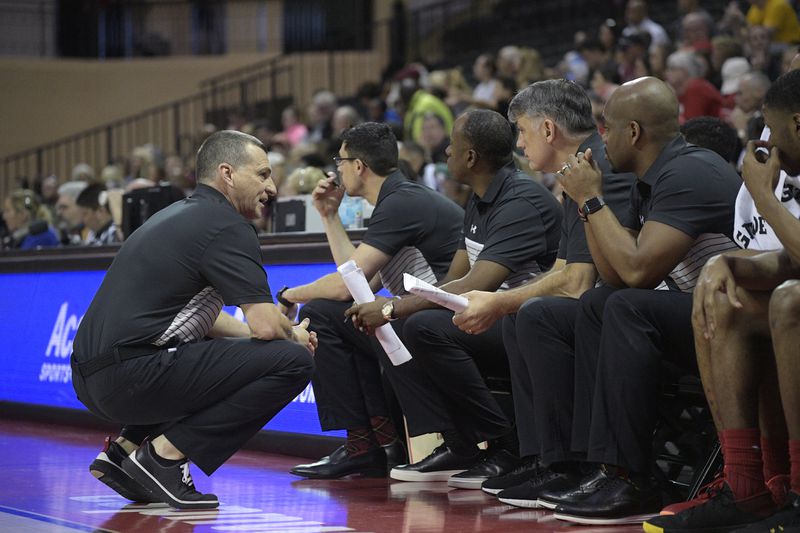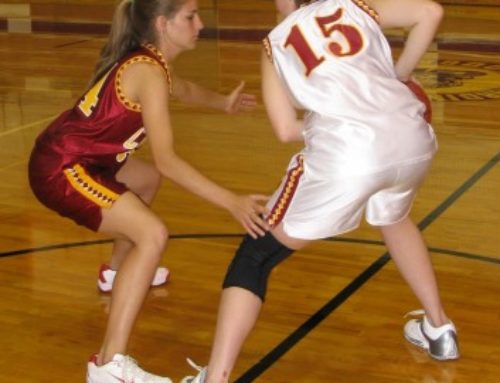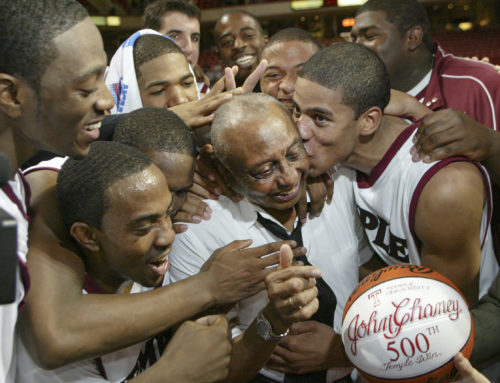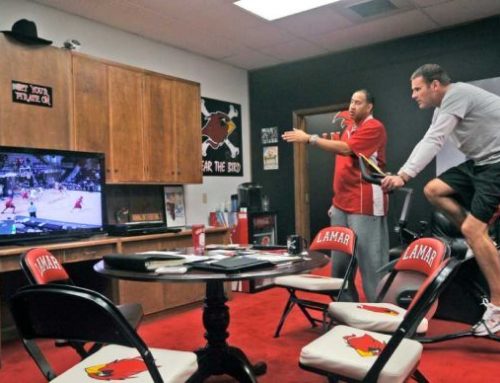Did you ever watch a professional basketball game and looked at the bench wondering why there are so many staff members there? What are their responsibilities? One could think that all they do is sit by the players and occasionally write down something in their notes. The head coach makes all the decisions so why is there need for so many people to be on the bench? Well, I am here to tell you that the impact of assistant coaches is far greater than what a casual observer can see and that they do a lot more than sitting on the bench and looking pretty. They have many duties that are done behind the scenes and are the backbone of every successful team. From preparation in practices to making in-game suggestions, assistant coaches serve as an extension of the head coach that constantly help guide the players towards the right way of playing basketball.
As their title suggests, the main role of assistant coaches is to help the head coach with a vast amount of responsibilities. It is critical that they have a functional relationship with the boss, as they need to constantly advise him/her on what adjustments can be made. In order for the head coach to continue to do the job right, his/her helpers need to challenge and not be afraid to clash opinions. That way, the coach can take all views into consideration before making an informed decision that includes different perspectives. The balance between conflict and partnership is key for a good coaching staff. There hasn’t been a successful head coach who tried doing it all alone. Assistant coaches need to recognize when the workload is getting too much and offer help in order to relieve the coach from too much stress and save a lot of his/her time. The responsibilities can range from individual workouts with players to video scouting and recruiting. It is very important for the players to see that the whole coaching staff is on the same page as it promotes team chemistry and represents a cohesive unit. Even if some of the staff members disagree with the coaching philosophy, they should only express that behind closed doors, as such conflict can lead to diminished team cohesiveness.
Equally important as the relationship with the head coach is the relationship between the assistant coaches and players. They often serve as a bridge between the head coach and the players and have to find ways to relate to both sides in doing their job. Typically, head coaches are the ones that maintain a professional relationship with the players, while assistant coaches take interest in the private lives of the players and are something in between a teammate and a coach. It is often said that they are the glue guys/gals of a team as they are the factor that holds the whole team together. Assistants also have the luxury to focus on details more than a head coach who focuses on the team as a whole. Therefore, individual players get more attention from them, especially the ones that don’t play as much and need guidance on how to get more playing time. In many programs, the assistant coaches are the ones that are with the players on the court instructing them through drills, while the head coach is in a more of a supervisor role. By spending more time with the players, they form a more personal relationship with them, which is very important for team chemistry and success.
Many assistant coaches become head coaches themselves. It is very important for them to learn while they are still in the beginning phase of their careers and implement their knowledge later. Just ask Greg Popovich, whose former assistant coaches are all over the NBA right now in head coach roles. That is a perfect example of why assistant coaches are necessary. They are projects that will spread the basketball knowledge. A well schooled assistant coach is bound to bring success, if not for their current team, then for another that will give them the head coaching job. The most important thing is that the philosophy of playing the right brand of basketball spreads on.





